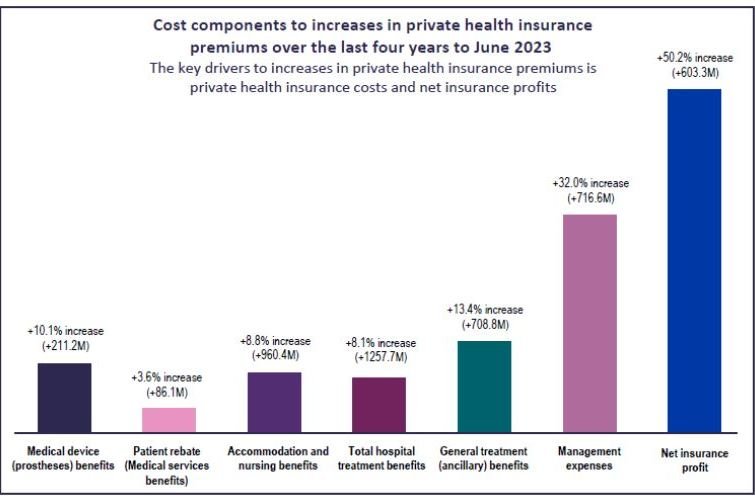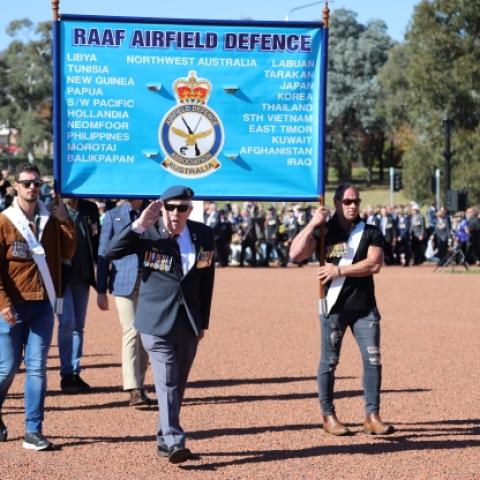The Annual Brigade Review (ABR) program involves more volunteers in discussions about the health and capability strengths and gaps in their brigade than the traditional inspection.

The outcomes of the sessions will be used in CFA planning to better support brigades to improve risk reduction outcomes for Victorians.
After nine months and 151 sessions with brigades, the 2019-20 ABR pilot was recently evaluated by the ABR team and an external specialist. The team gathered essential feedback from a large cohort of volunteers and staff through surveys, interviews and workshops.
They also confirmed that when the end-to-end process is designed and implemented, ABR will comply with Section 29(b) of the CFA Act.
Overall, our people said the ABR was worthwhile, informative and a move in the right direction. The findings indicate that the program should continue, and the participants’ valuable suggestions will lead to improvements.
Importantly, the participants thought that the ABR will be more valuable than the traditional s29 inspection process when business processes improve. This is a view shared by Acting Chief Officer Garry Cook, after he observed an ABR session with Rutherglen Fire Brigade.
“I was impressed with the level of detail covered in just one session,” Garry said. “The commitment and openness of the brigade members, combined with the ABR model and great facilitation, resulted in a much more enlightening and mature annual inspection.”
The evaluation showed that both staff and volunteers agreed that embedding accountability into the ABR cycle is critical to maximise long-term success and acceptance of the ABR. This includes getting follow-up information back to brigades and following through on actions. To achieve this, processes to integrate ABR data into business planning are being developed and trialled by districts 9 and 24.
“Through whole-of-business collaboration, we’re confident the program will drive positive change across CFA and over time deliver on accountability, which was highlighted in the evaluation,” said Deputy Chief Officer and ABR Project Control Group Co-Chair Trevor Owen.
“It’s great that we now have a solid foundation for improvements, and more detailed results will be shared across the organisation over the coming weeks.”
Recommendations to improve the ABR process
Design and implementation
- Provide comprehensive training for participating staff on all aspects of the ABR process.
- Standardise expectations, develop a best-practice guide/toolkit.
- Improve session length for smaller brigades.
- Explore anonymous voting tool and cater for sessions.
Achieving program objectives
- Refine criteria to maximise understanding, address gaps and include flexibility for smaller brigades.
- Develop talking points for staff.
- Explore brigade access to BCPA and a data dashboard for ABR sessions.
- Improve software and hardware quality to deliver business efficiencies and report generation for brigades.
Lessons and improvements
- Review ABR session frequency.
- Address s29 weaknesses in the ABR process and improve accountability by integrating ABR data into business planning
- and governance processes.
- Define and clarify roles and responsibilities to achieve overall benefits and maintain confidence in the ABR.
What’s next?
Sessions were postponed because of operational activity over summer and because of COVID-19 restrictions, so the ABR has been extended into 2021 which Garry said will have a positive impact.
“With CFA now a volunteer-focused emergency service, continuing the ABR into 2021 is an opportunity to understand how we can better support brigades,” Garry said.
“As volunteers live in the communities they serve, tailoring services to help them reach their potential will maximise their ability to deliver local risk reduction outcomes.
“This is the best way to empower our volunteers and in turn their communities to prevent and respond to emergencies.”








